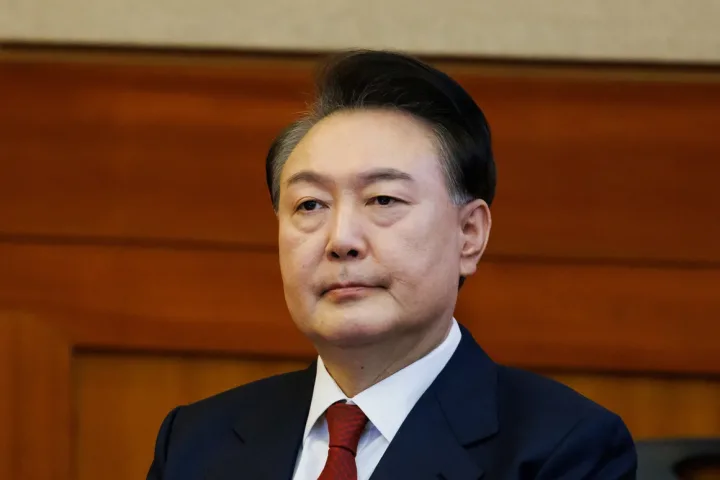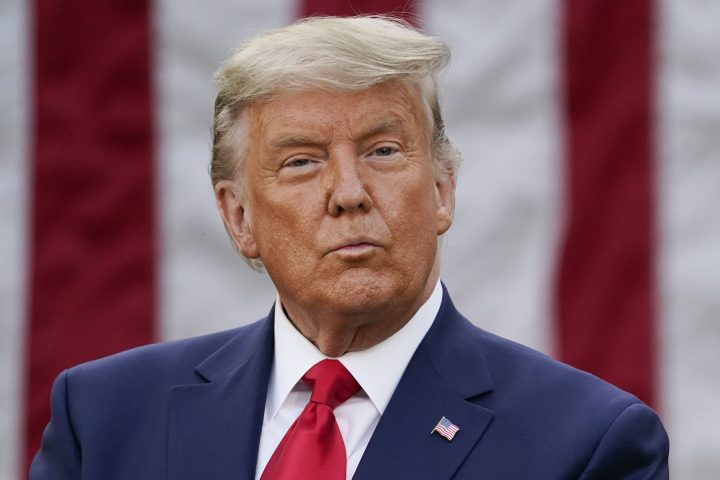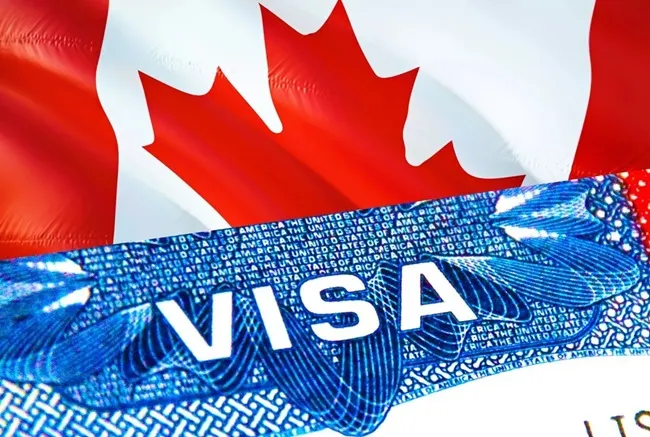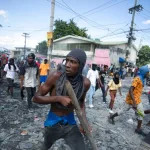In a significant political development amid escalating gang violence, the Transitional Council of Haiti, established by the Caribbean Community and Common Market (Caricom), has elected Garry Conille as the nation’s interim Prime Minister after weeks of back and forth.
Conille, currently UNICEF’s Regional Director for Latin America and the Caribbean since January 2023, previously served as Haiti’s Prime Minister from October 2011 to May 2012 under then-President Michel Martelly before resigning due to a dispute.
Join our WhatsApp ChannelConille succeeds Michel Patrick Boisvert, who had been acting as interim Prime Minister following Ariel Henry’s resignation in April. Henry’s resignation came after gang members seized control of Haiti’s main airport, preventing his return from Kenya, where he had sought support to address the country’s security crisis. President Irfaan Ali of Guyana, who also serves as Caricom chairman, confirmed Henry’s resignation and announced the formation of the nine-member Transitional Presidential Council, with seven members having voting power.
READ ALSO: Haiti’s Prime Minister, Ariel Henry, Resigns Amid Violent Calls For Him To Step Down
Louis Gérald Gilles, a Council member, told The Associated Press that six out of seven voting members voted Conille on Tuesday, while one member was absent from the country and did not participate in the vote.
Henry had taken on the roles of interim Prime Minister and President in 2021 following the assassination of President Jovenel Moïse. Despite his promise to hold elections shortly after assuming office, the failure to do so has led to increased instability and violence, particularly from gangs controlling various regions of Haiti. The violence reached a critical point in February, with gang members seizing control of the capital, Port-au-Prince, burning police stations, and dismantling prisons to release their members.
According to United Nations estimates, over 362,000 Haitians have been displaced by gang activities, and the first quarter of 2024 was the deadliest period for the nation, with approximately 2,500 people killed or injured in gang-related violence.
While briefing the UN Security Council in April, MARÍA ISABEL SALVADOR, Special Representative of the Secretary-General and Head of the United Nations Integrated Office in Haiti (BINUH), said that “some of the worst scenarios for Haiti have become realities in recent months and weeks.”
Conille’s mandate as interim Prime Minister extends until 2026, during which a new president must be sworn in by the Transitional Council. The Council has also been tasked with establishing a provisional electoral commission to organize elections by 2025. Conille now faces the daunting challenge of restoring peace, reviving Haiti’s faltering economy, and addressing the critical conditions in the health and other sectors caused by prolonged instability.

















Follow Us